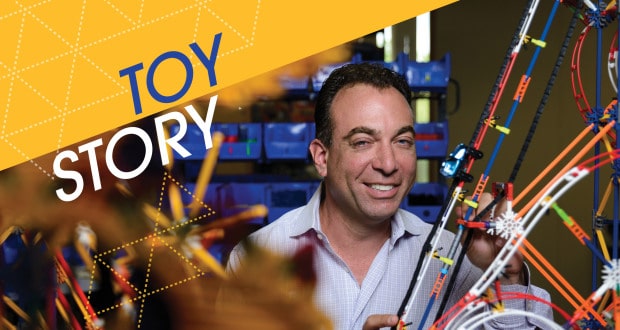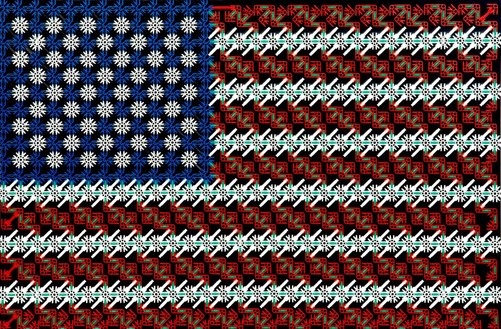Play-Doh will soon be squeezed out of a factory in the U.S. again, as Hasbro Inc. brings manufacturing of the popular moldable clay back to America for the first time in years. Read more
When the leader of the free world comes calling, most people jump. When the Obama administration first contacted Michael Araten, in November 2012, he hesitated. Read more
An Arizona family won a $435,000 judgment in federal court after a child swallowed a decorative bead coated with a chemical that metabolized into a date-rape drug when ingested, marking the first verdict of its kind in the nation over the toy. The toy was made in China. Read more
Aug. 14, 2008
From lunchboxes and backpacks to baby cribs and toy figurines, a lengthy effort to make children’s products safer has finally cleared the final hurdles. New toy safety standards become law. Read more

In a recent study conducted by Consumer Reports, more than 60 percent of people interviewed claimed they would gladly shell out more money for American made products—even if those products cost an average of 10 percent more than products sourced internationally. Read more
Production of Lincoln Logs coming back to U.S.A. Manufacturing will once again be made in the U.S.A. (Photo courtesy of K’NEX Brands)
A Montgomery County manufacturer of plastic injection molds and K’NEX construction toys is bringing production of one of its classic toy brands back to the United States from China.
Lincoln Logs, a classic toy brand developed nearly 100 years ago, is part of the K’NEX family of brands. Beginning next year, Pride Manufacturing in Burnham, Maine, will manufacture the Lincoln Logs product line. The Maine company is a manufacturer of engineered wood products.
Related Article: Production of Lincoln Logs in USA Creating Jobs [p][/p]
K’NEX Brands, which licenses the Lincoln Logs brand from Hasbro, has designed Lincoln Logs since 1999, but decided to build upon its reshoring initiative that it introduced in 2009, said Michael Araten, president and CEO of K’NEX and its subsidiary, The Rodon Group in Hatfield. As part of this initiative, K’NEX delivered the production of Tinkertoy products back to the U.S. in 2012, where it is mass produced by The Rodon Group.
Since The Rodon Group does not make wood products, it needed to find a manufacturer in the U.S.
“We kept at it and finally found a manufacturer in Maine who will manufacturer the Lincoln Logs,” Araten said. “It’s really about substituting our U.S. supply chain for the China supply chain.”
Now, the entire supply chain for the production of Lincoln Logs will be U.S.-based, Araten said.
K’NEX will continue to design Lincoln Logs in Hatfield.
“We’ve started production of the logs now, so we can have product on the shelf in July,” Araten said.
Next year, K’NEX will launch 10 new sets that are made in the U.S.: Horseshoe Hill Station, Country Meadow Cottage, Oak Creek Lodge, 100th Anniversary Tin, Collector’s Edition Village, Wrangler’s Ranch, Wolf’s Lodge, Mountaintop Hideout, Grand Pine Lodge and Colts Creek Command Post.
Next on the company’s agenda is to potentially bring production of toy motors back to the U.S. “That’s our next big initiative,” Araten said.
He said there are many reasons manufacturing is returning to the U.S. from China.
Chinese labor rates are rising dramatically, the U.S. is experiencing an energy boom, manual labor is being replaced by automated systems in U.S. manufacturing facilities and the flexibility and skills of the American workforce are strong, according to Araten.

Lincoln Logs, the popular building toy created nearly a century ago by a son of architect Frank Lloyd Wright, is coming home to the U.S. Read more
When President Obama comes to Montgomery County on Friday, he will speak in front of a two-foot-tall toy helicopter, a toy roller coaster, a toy grandfather clock, a motorized toy carousel, and an American flag made of 49,000 K’Nex pieces.
Read more
INQUIRIES
Media: PR Department
Partnership: Marketing
Information: Customer Service







